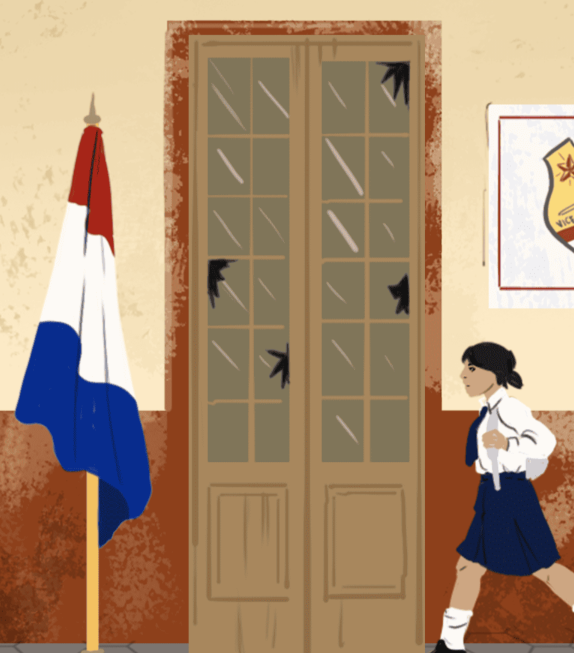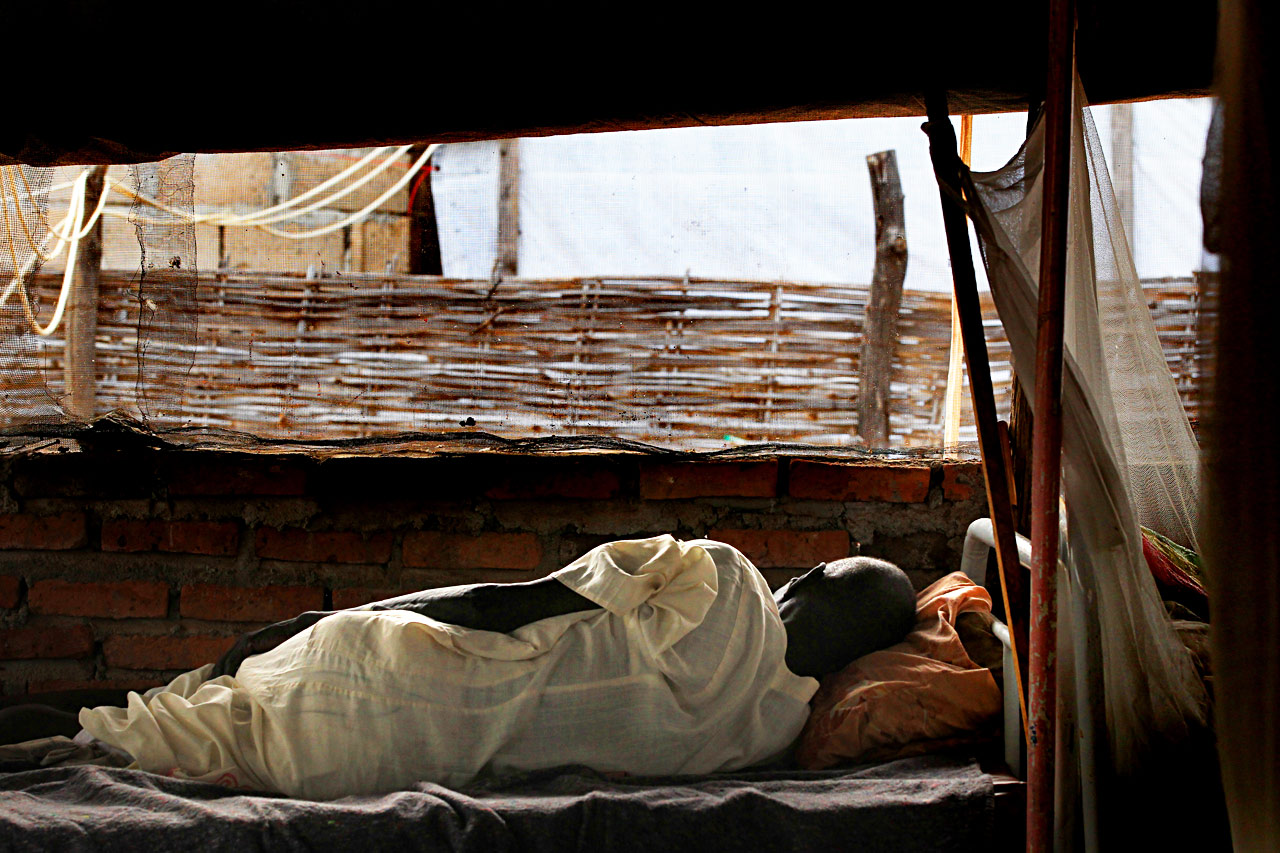
Real estate
Germany’s non-profit media outlet Correct!v crowdsourced rental contracts from residents to understand who controls the real estate market in cities across the country, publishing their findings in partnership with local media outlets. The project uncovered many stories, including how pension funds are fueling rent rises, how the city of Hamburg owns a real estate giant that frequently raises tenants’ rents, and the need for a public real estate register to help combat money laundering. First piloted in Hamburg, the investigation has expanded to cover nearly twenty European cities.
Who owns your city?
A lack of affordable housing is a dire issue for tenants in many cities around the world, driven in part by financialization of housing, speculation and profit-maximising investors. The project, Wem Gehört Die Stadt (Who Owns Our Cities), seeks to make those structures and actors visible and to inform the public debate on political solutions to promote urban development for the common good.

Used Pathways
The investigation also identified large pan-European investors that own residential real estate in at least three countries.
What IMPACT after the investigation?
The pilot investigation in Hamburg crowdsourced 1000 submissions from the public and revealed the ownership of 15,000 apartments (source). Correct!v worked with tenants associations and other grassroots groups to amplify the reach and exposure of the project. This decentralised approach helped put housing on the public agenda, prompting reactions from politicians. To date, Correct!v has replicated the project in 19 major cities with local media partners in Germany and elsewhere in Europe, and contributions from tens of thousands of residents.
SEEK Suggestions













